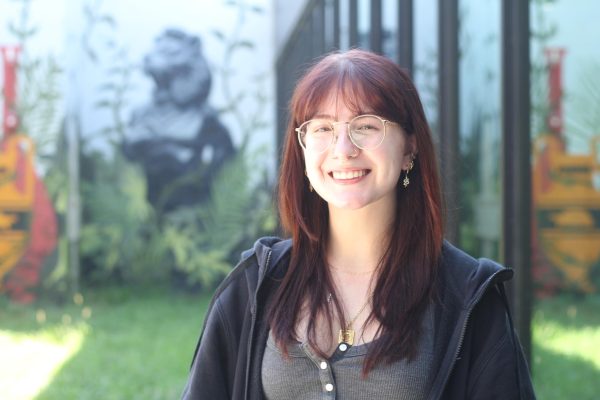In response to the nationwide rise in challenging classroom materials, USD 497 has limited the group of people who can formally complain about content in schools.
In August, the school board unanimously approved a policy change that still allows students and parents in the district to challenge materials. But it no longer allows anyone beyond that to file a complaint that could then trigger a review of materials. School board member Shannon Kimball said this was a necessary adjustment to make.
“The policy is now written in such a way that if you want to challenge instructional material under policy, if the challenge has to come from a current parent or student in the district, the board has very carefully defined those groups as the most relevant stakeholders in that particular process,” Kimball said. “We removed just generally anybody in the community who wishes to file a challenge.”
This policy was not updated in response to any particular issue, but as a precautionary measure in response to recent national news where individuals and groups of people have attempted to challenge material that include representation of people of color or the LGBTQ+ community. Kimball says it is important to protect representation in classrooms.
“A lot of those challenges are being brought to materials that represent diverse groups of people or diverse viewpoints within our communities,” Kimball said. “Our board, being mindful that we have an equity policy in our district, are very focused on making sure that we have a broad selection of culturally relevant and diverse materials in our libraries.”
The topic of censorship has continuously gotten more political. With more cases of large groups pushing to remove materials with underlying political motives, English teacher Melissa Johnson said this policy could help combat unnecessary reviews.
“I want students to feel seen, you know, and read characters like them,” Johnson said. “It’s interesting because, of course, when I think of censorship, I think of people censoring the values I hold dear, which are very different from some values other people hold dear.”
While this adjustment will not have a large impact on the generalized district community, some have raised concerns over whether this policy is excluding the general community. Kimball emphasizes that this policy does not entirely exclude the rest of the district.
“They can still express those concerns freely to board members, building staff and administrators,” Kimball told the Lawrence Journal-World. “But in order for the review committee process to be engaged, the complaint would have to come from a district stakeholder.”
Although it is important for the community involved in matters of the school, social studies teacher Tracy Murry said that people should consult those who are directly affected before voicing an issue with the board in the first place.
“If you’re an outside community member, talking to somebody who has a student to kind of get their perspective on something before you go to the board, maybe that would be helpful,” Murray said. “It builds more opportunities for communication.”
Although this policy change was unanimously approved, Kimball cannot remember a time where a piece of material has been challenged, only recalling when teachers requested the evaluation of a text.
“In my 12 years on the board, I can’t recall an instance where someone has asked us to remove an instructional material, where we had to go through the full process in the policy that resulted in a hearing before the board,” Kimball said. “We have had a couple of instances where teachers have brought concerns to their supervisors and district staff about materials that maybe they didn’t feel were appropriate.”
Kimball said the change is in the best interest of the district going forward.
“I think it puts the focus where it ought to be,” Kimball said. “On our professional educators and our students and their families, because that’s really who we are supposed to be serving.”





